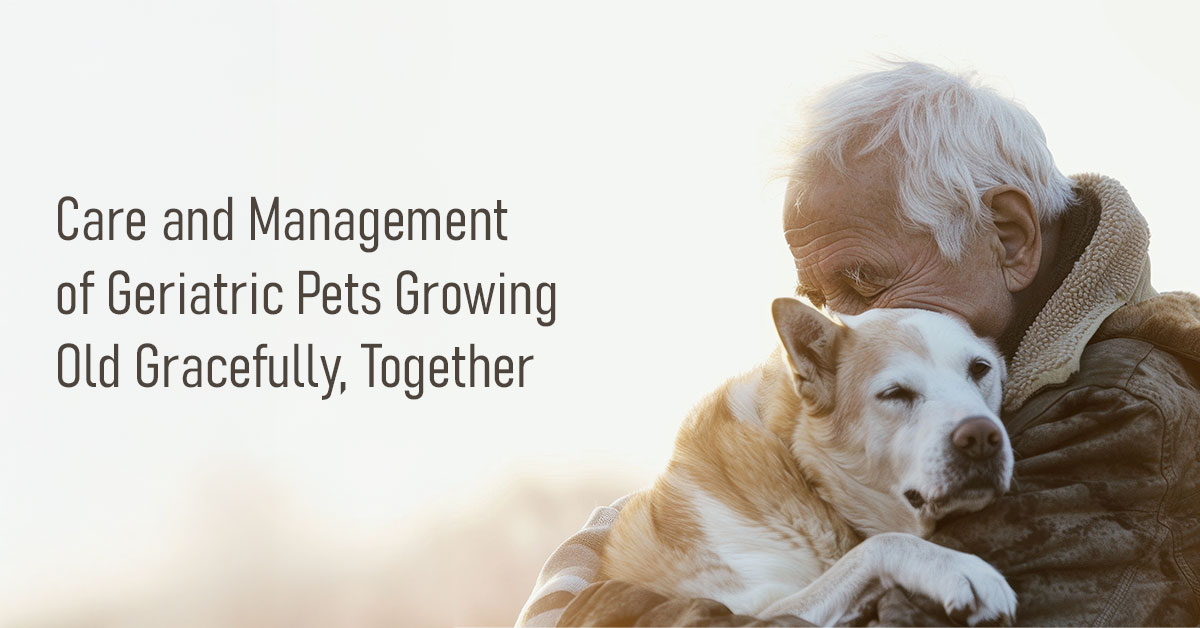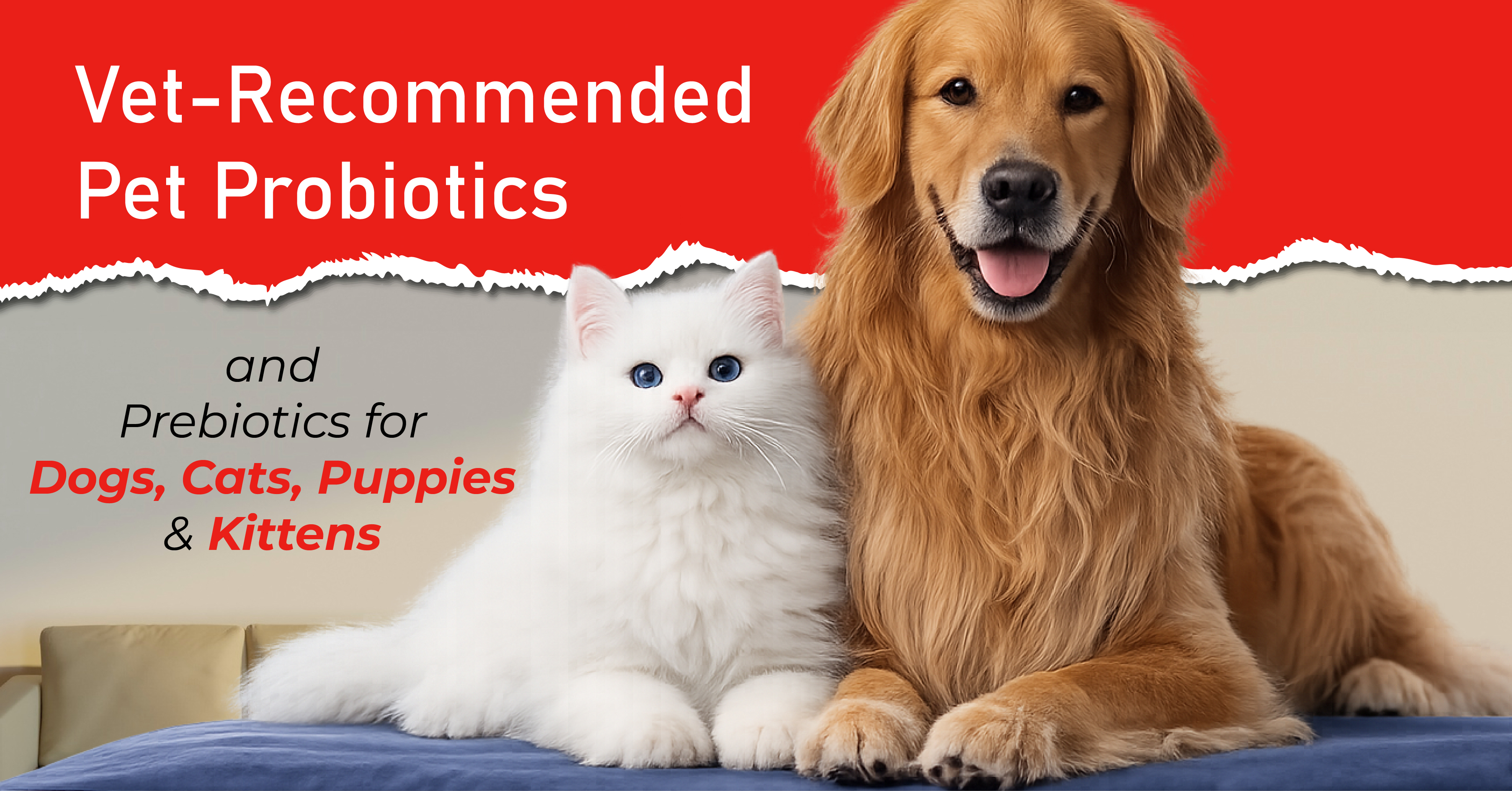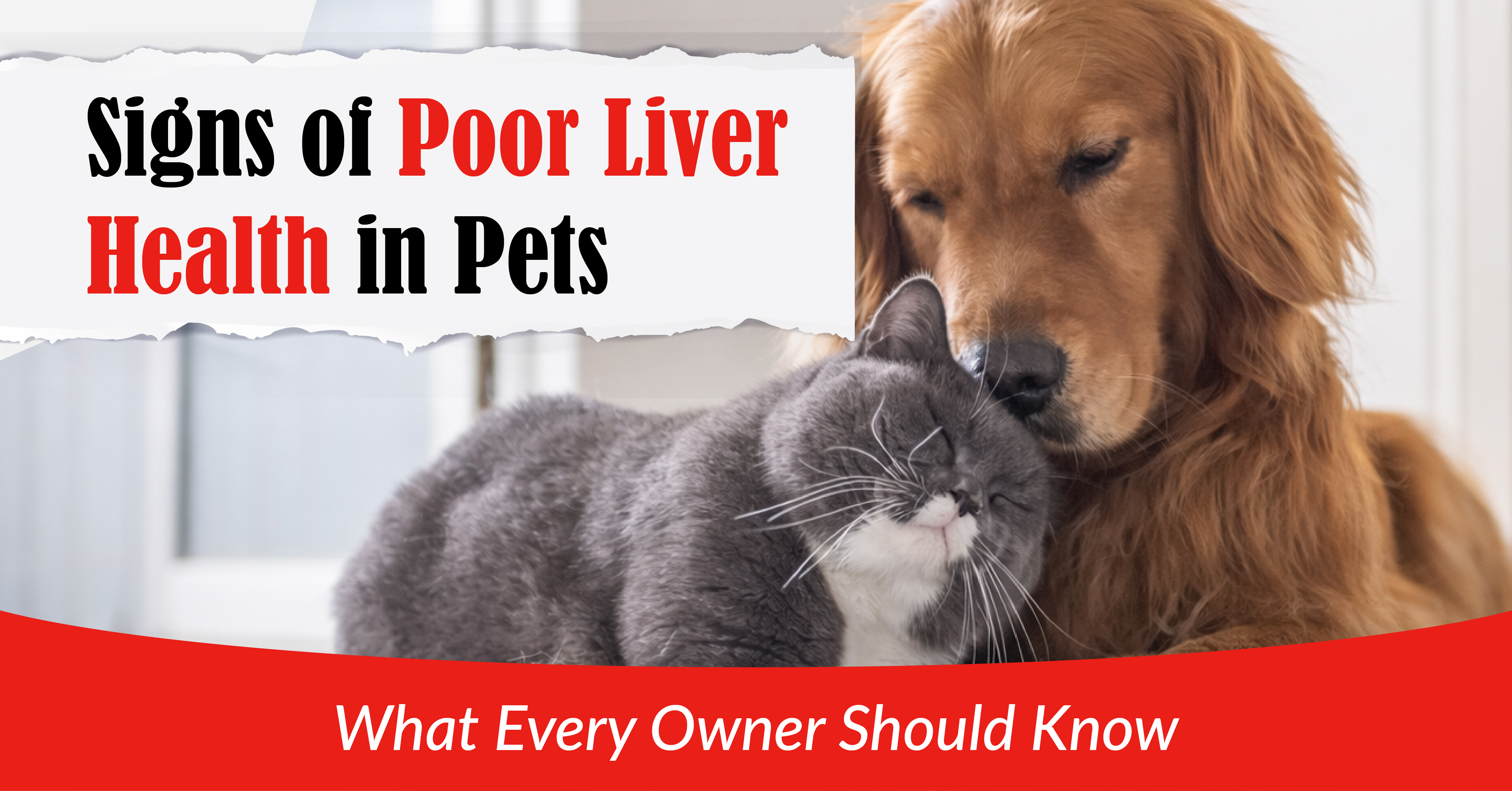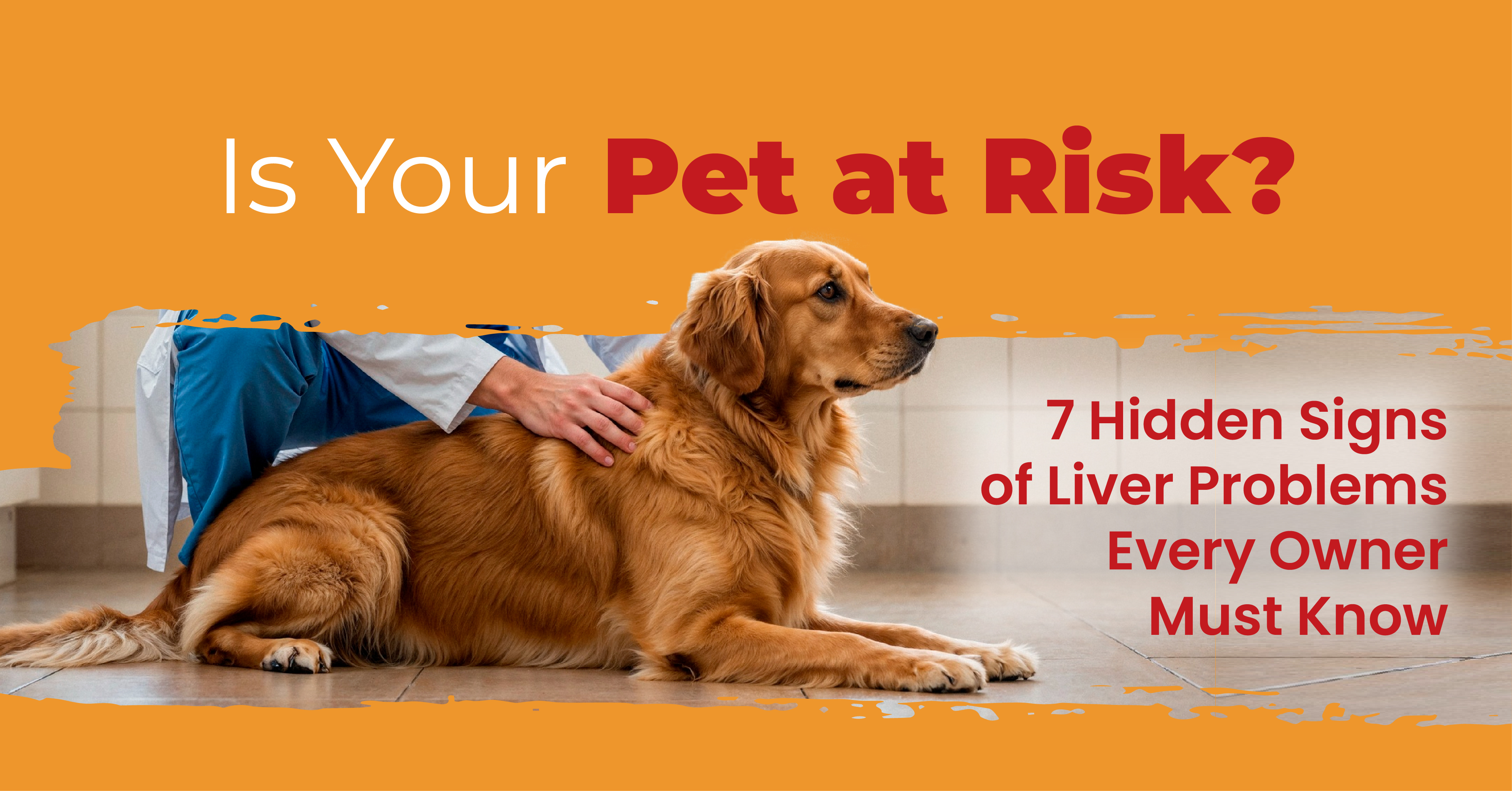Table of Contents
More from Blog
Care and Management of Geriatric Pets – Growing Old Gracefully, Together
May 31, 2025

There comes a beautiful yet bittersweet moment in every pet parent's journey - the realisation that your furry best friend is no longer a sprightly pup or curious kitten, but a senior companion with greying whiskers and wise eyes. Ageing is a natural part of life for both humans and animals, and just like us, our pets need extra care and attention as they enter their golden years.
Whether your senior dog enjoys slow walks or your ageing cat prefers quiet sunbathing, understanding geriatric pet care is essential to supporting comfort, overall health, and quality of life. Let's explore how to provide thoughtful, practical care for ageing dogs and cats while strengthening the bond you share.
Recognising the Golden Years in Dogs and Cats
Most pets are considered senior around seven years of age, although this varies depending on breed and size. Larger dog breeds tend to age earlier, while cats and smaller dogs may show signs later.
You may notice gradual changes such as slower movement, increased sleep, or stiffness after rest. These are common signs of ageing and indicate that your pet's needs are evolving.
Common Signs of Ageing
- Greying fur, especially around the muzzle
- Decreased energy or enthusiasm for play
- Cloudy eyes or changes in vision
- Reduced hearing response
- Unexplained weight gain or loss
- Difficulty jumping, climbing stairs, or standing up
These signs are not a cause for panic but a reminder to adjust daily care routines to better support your ageing companion.
Importance of Regular Veterinary Check-Ups
As pets age, preventive veterinary care becomes increasingly important. Senior pets benefit from health check-ups every six months, allowing timely identification of age-related conditions such as arthritis, kidney disease, dental issues, or heart concerns.
Vet Assessments for Senior Pets
- Blood and urine tests
- Blood pressure monitoring
- Dental evaluations
- Joint and mobility checks
- Diet and weight management guidance
Azista Vet offers trusted veterinary products and animal medicines to support everyday care needs of senior pets, in consultation with a veterinarian.
Always consult your veterinarian before introducing new medication, supplements, or dietary changes.
Nutrition for Geriatric Pets
Ageing pets experience slower metabolism and changing nutritional needs. While they may require fewer calories, they still need high-quality nutrients to support joints, digestion, and organ function.
Key Nutritional Considerations
- Easily digestible, high-quality protein
- Nutrients commonly included in senior diets, such as omega-3 fatty acids and glucosamine
- Adequate fibre to support normal digestion
- Controlled calorie intake to prevent obesity
- Fresh water at all times
Monitor appetite, water intake, and body weight, as these may indicate underlying health concerns.
Supporting Mobility and Physical Comfort
Reduced mobility is common in older pets, but thoughtful adjustments may help enhance daily comfort.
Ways to Improve Mobility at Home
- Orthopaedic or pressure-relief beds
- Pet ramps or steps for sofas and vehicles
- Non-slip mats on tiled or smooth floors
- Short, gentle walks or low-impact play
Cats may prefer ground-level resting spaces if jumping becomes painful, while dogs benefit from slower walks with frequent breaks.
Mental and Emotional Well-Being
Senior pets may experience behavioural changes such as anxiety, confusion, or clinginess. Age-related cognitive changes may be observed in some dogs and cats, influencing memory and routine awareness.
Supporting Cognitive Health
- Puzzle feeders and interactive toys
- Maintaining consistent daily routines
- Gentle training refreshers
- Calm, familiar environments
- Lots of affection and reassurance
If behavioural changes are persistent, consult your veterinarian for appropriate guidance.
Grooming and Hygiene Care
Older pets may struggle with self-grooming, particularly if arthritis or reduced flexibility limits movement. Regular grooming keeps them clean, comfortable, and allows timely identification of visible health concerns.
Grooming Essentials
- Gentle brushing with soft tools
- Regular nail trimming to prevent slipping
- Dental hygiene through brushing or vet-approved products
- Checking for lumps, sores, or skin irritation
Grooming sessions strengthen emotional bonds and provide reassurance.
Embracing a Slower Pace of Life
Senior pets deserve patience and understanding. Allow them extra time during walks, let them rest when needed, and enjoy quiet companionship. Small moments - sitting together in the sun or moving at their pace - become deeply meaningful during this stage of life.
Growing Old Gracefully, Together
Caring for a geriatric pet is a privilege built on years of shared love, loyalty, and companionship. Ageing should not be feared but embraced as a time to offer comfort, dignity, and patience.
At Azista Vet, we understand the unique needs of senior dogs and cats and aim to provide veterinary products and informational support aligned with responsible senior pet care. Grey muzzles and slow paws still belong to the best friends we've ever had, and they deserve nothing less than gentle, thoughtful care.
Frequently Asked Questions (FAQs)
1. When is a pet considered geriatric?
Most pets enter the senior stage around seven years of age, though this varies by breed and size.
2. How often should senior pets visit the vet?
Senior pets benefit from check-ups every six months to monitor for age-related conditions.
3. What are the common signs of ageing?
Signs include greying fur, slower movement, joint stiffness, cloudy eyes, hearing loss, and changes in appetite or weight.
4. Do senior pets need a special diet?
Senior pets often benefit from balanced diets formulated for age-related needs, based on veterinary guidance.
5. How can I support my senior pet's mobility?
Provide orthopaedic beds, ramps, non-slip floors, and gentle, low-impact exercise. Adjust play areas for comfort.
6. Can older pets experience cognitive decline?
Yes. Cognitive dysfunction can cause confusion, pacing, disorientation, and changes in routine.
7. How can I support mental health in senior pets?
Use puzzle toys, maintain routines, provide gentle training, and create calm, reassuring environments.
8. When should I consult a vet urgently?
If your pet shows sudden weight loss, severe pain, difficulty breathing, major behavioural changes, or loss of appetite.




